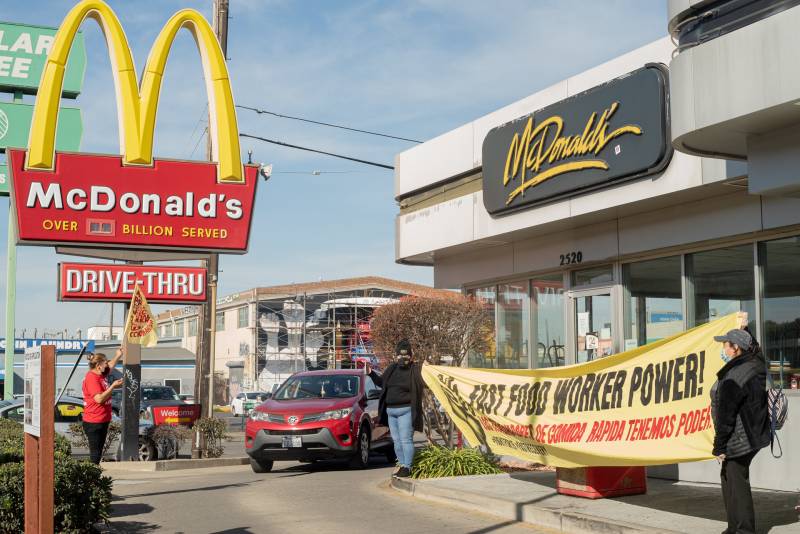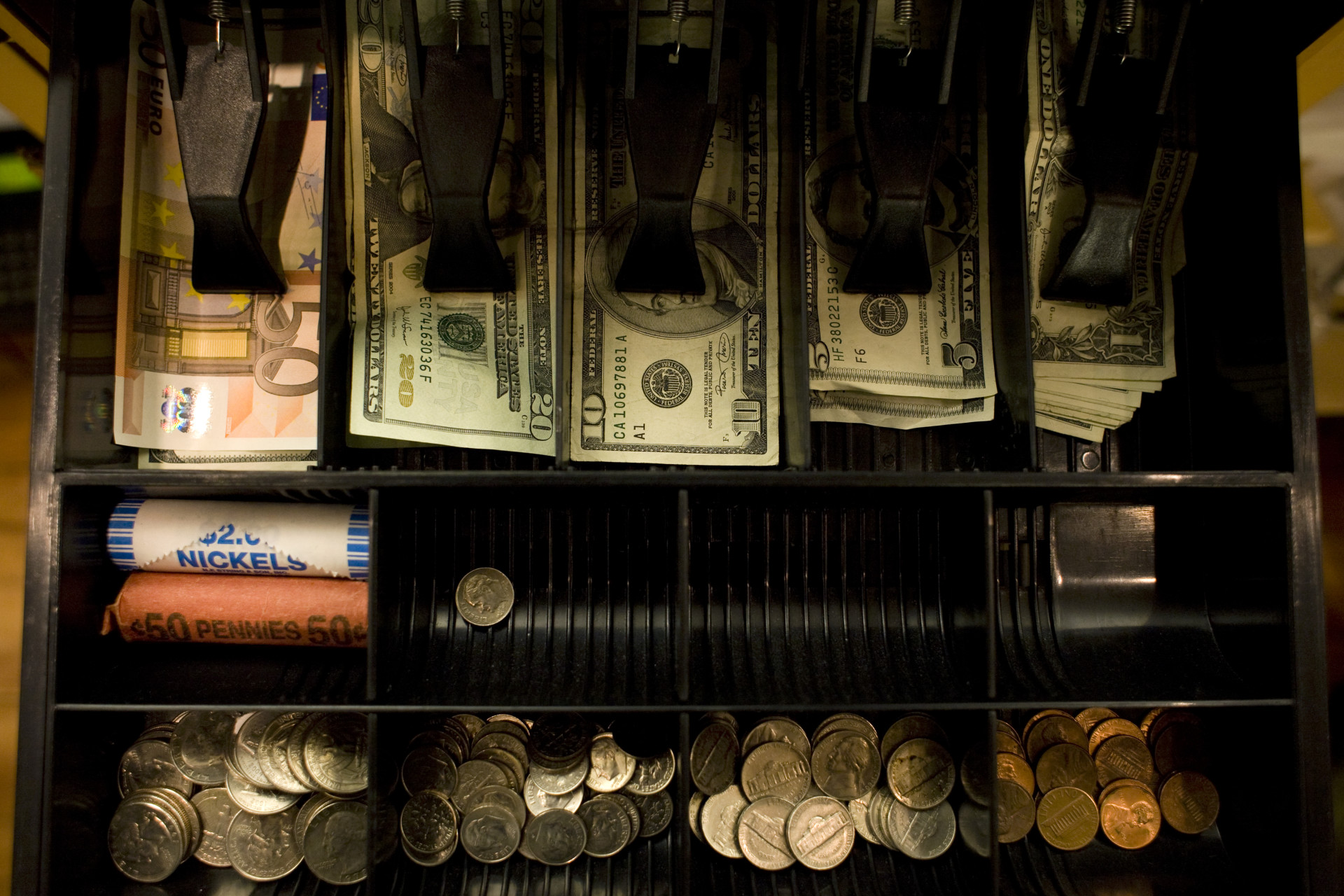As many voters remain anxious about inflation, support for a California ballot measure that would gradually raise the minimum wage statewide appears to be waning, according to new survey data.
The statewide poll by the Public Policy Institute of California found only about 44% of likely voters backed Proposition 32, compared to 50% in September.
Supporters say the measure, which would require employers to pay a minimum of $18 an hour by 2026, could help an estimated 2 million working Californians better afford basic necessities. The lowest-paid jobs in the state include farmworkers, home health care aides and cashiers.
But arguments by business trade groups that employers would be forced to absorb a more expensive payroll by raising prices and cutting jobs — and exacerbate the state’s cost of living — seem to be sticking in the current election climate.
“Voters are smart and inflation fatigued,” Jot Condie, president and CEO of the California Restaurant Association, said in a statement. “The recent poll showing a majority of voters would vote no on Prop. 32 is encouraging given the devastating impacts it will have on family budgets and on small businesses.”

